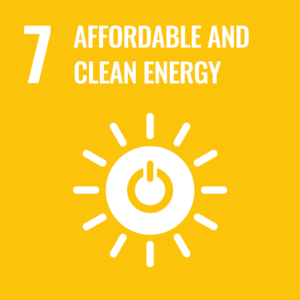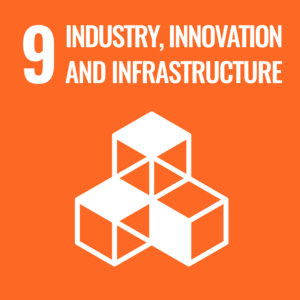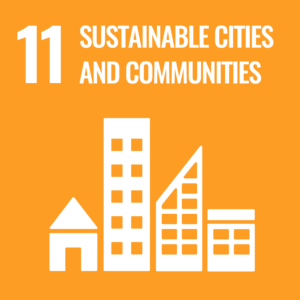 Smart Mobility Report 2024: Towards a New Era of Electric Mobility in Italy
Smart Mobility Report 2024: Towards a New Era of Electric Mobility in Italy
In 2023, smart mobility and electric vehicles in Italy took a significant step forward in Europe, with approximately 3 million electric vehicles (EVs) registered, of which over 2 million are battery electric vehicles (BEVs) and plug-in hybrids (PHEVs). This represents a 16% increase compared to 2022, with electric vehicles now accounting for 23.4% of total passenger car registrations. However, Italy finds itself in an ambivalent position: while the European landscape shows signs of growth, our country has experienced a 0.2% decline in EV registrations for the second consecutive year, falling well below the European average.
Incentives for Electric Mobility in Italy
Despite the decline in registrations, the available incentives for purchasing electric vehicles are a crucial lever for stimulating demand. In Italy, several incentive programs are currently in place:
- Ecobonus: This incentive is aimed at both individuals and businesses, offering financial contributions for the purchase of electric vehicles, with varying amounts based on the emissions of the vehicle being replaced. Ecobonus can reach up to €5,000 for buying an electric car, making it more affordable.
- Incentives for Corporate Fleets: Companies can benefit from tax breaks, such as VAT deductions and expense allowances related to the purchase of electric vehicles, making the adoption of electric cars economically advantageous for business fleets.
- Superbonus: While primarily focused on building renovations, the Superbonus can also incentivize the installation of charging points for electric vehicles, promoting a broader rollout of necessary infrastructure.
- Tax Breaks: Additional regional incentives and tax breaks can vary, providing local advantages for the purchase and use of electric vehicles.
Growing Offer of Electric Vehicles
Despite the challenges, the number of BEV passenger car models available in Italy is on the rise. In the first half of 2024, the number of models grew by 20%, exceeding 100 available options. While the average price of BEVs has remained stable, performance in terms of range and charging power has significantly improved, with an increasing percentage of vehicles offering ranges greater than 350 km.
Expansion of Charging Infrastructure
Another positive signal is the expansion of charging infrastructure. By the end of 2023, there are estimated to be around 500,000 private charging points in Italy, marking a 35% increase compared to 2022. However, the ratio of private to public charging points remains concerning, at 1:10. Despite the growth in infrastructure, there has been a slight decrease in EV registrations, suggesting that the rollout of charging facilities does not automatically translate into sales.
From “Follower” to “Leader” in Decarbonization
To transform Italy from a “follower” to a “leader” in the decarbonization of transport, a significant change of pace is required. Here are some strategic actions:
- Increase Economic Incentives: It’s crucial to enhance and simplify incentives for purchasing electric vehicles, making the transition more accessible for citizens and businesses.
- Develop Charging Infrastructure: Strengthening the public charging network and promoting Plug & Charge technology to simplify the charging experience is essential for stimulating EV adoption.
- Education and Awareness: Informational campaigns can help clarify the benefits of electric cars, improving their perception and increasing demand.
- Support for Corporate Fleets: Encouraging companies to adopt electric vehicles through tax breaks and leasing programs can accelerate the transition in the corporate sector.
- Integrated National Energy and Climate Plan (PNIEC): A coordinated commitment from all institutions is necessary to achieve ambitious decarbonization targets in the transport sector.
Conclusion
The Smart Mobility Report 2024 highlights that Italy has the potential to become a leader in electric mobility, but it requires an integrated and collaborative approach. If current trends are not reversed, we risk ending up with a widespread but underutilized charging infrastructure. It is essential to address the economic and infrastructural challenges to ensure a sustainable future, promoting accessible and widespread electric mobility. Only then can we meet the ambitious goals set for 2030 and build a more sustainable country for future generations.
Proaxxes: Your Partner in Electric Mobility Expansion in Italy
Proaxxes specializes in supporting foreign companies in expanding into international markets and can play a key role in addressing the growing demand for electric mobility in Italy. With our in-depth knowledge of the Italian market, extensive network, and experience in connecting businesses, we can facilitate the adoption of advanced international solutions to promote a more efficient and sustainable electric mobility system.
Proaxxes can help you navigate this complex landscape and contribute to the sustainability of the mobility sector in Italy. Contact us!









